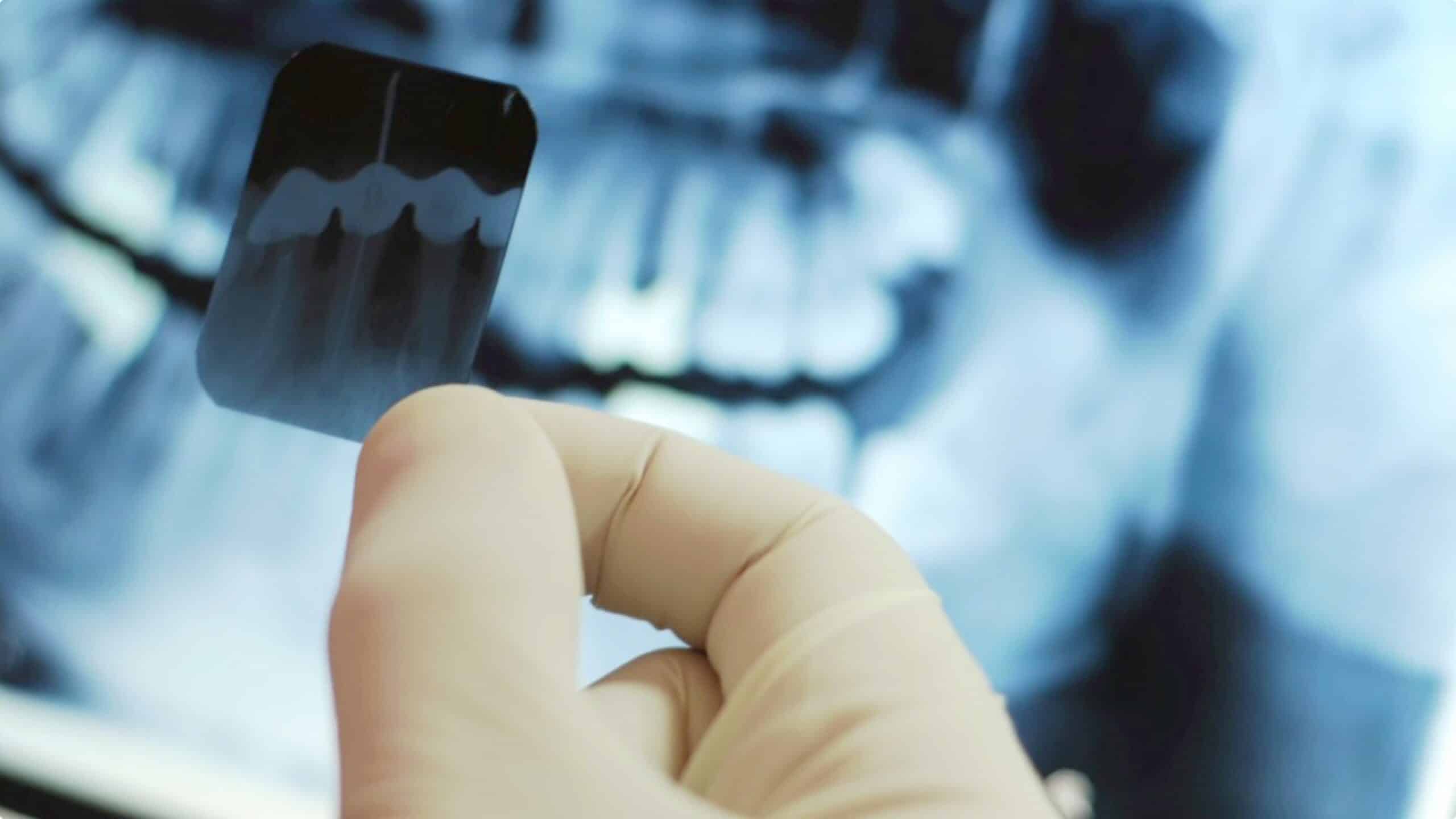Blog
Lucke Dental is the premiere dental practice in Fayetteville, AR. Our blog is meant to educate our patients and anyone looking for dental information
Whether you are 80 or 8, your oral health is important. Here are some questions that you should ask when visiting to the dentist.
Did you know that 100 million Americans fail to see a dentist each year, even though regular dental examinations and good oral hygiene can prevent most dental disease?
1. How Can I Improve the Whiteness of My Teeth?
A beautiful smile showing clean, white teeth gives a tremendous boost to your confidence. Most people experience some discoloration of teeth over the years, either from surface or extrinsic stains or internal ones. Treat stains caused by coffee, wine, tobacco and pigmented foods with at-home whitening or have a professional, in-office whitening done regularly. For intrinsic discoloration, consider composite bonding or the application of veneers to the affected teeth, which provides a more permanent solution.
2. How Often Should I Get a Dental Checkup?
Dental health varies from person to person, but the American Dental Association (ADA) recommends adult patients visit a dentist once or twice a year even if their mouth is in excellent condition. This enables you to get your teeth cleaned professionally on a regular basis and ensure that any potential problems are identified early.
3. What Are the Best Ways to Practice Good Oral Hygiene at Home?
It’s vital that all adults engage in daily brushing and flossing, but to take your oral hygiene to the next level, follow a handful of particular steps to good dental health. These include:
- Using products that contain fluoride.
- Limiting snacks that are high in sugar.
- Eating a balanced diet of fruits and vegetables.
- Avoiding tobacco in any form.
4. Why Should I Have Dental X-Rays Taken?
Your dentist takes a full set of dental X-rays early into the doctor-patient relationship. This helps to examine and record your mouth’s hidden areas for issues that need comparing against changes that occur between appointments. Most adult patients have bitewing X-rays every year and a full mouth series every four to five years. But those with a higher risk for dental caries problems may need them every six to 18 months.
5. How Do I Prevent Tooth Decay, Gingivitis and Other Problems?
The best way to ensure a healthy mouth is to follow a balanced diet and visit the dentist regularly – while maintaining your oral care routine twice a day. Conditions such as diabetes or HIV/AIDS can also affect your dental health, as well as medications and certain types of chemotherapy. Protect yourself against problems that can advance quickly by discussing these dental questions with your practitioner.
6. What Is Tooth Sensitivity and Why Do I Have It?
Patients with tooth sensitivity feel pain when they consume items that are hot or cold, sweet or acidic. This comes from thinned tooth enamel, which doesn’t protect the tooth pulp or dentin from exposure to extreme temperatures. In some patients, this may be a result of:
- Receding gums
- Tooth grinding during sleep
- Chipped or fractured teeth
- Tooth whitening
- Orthodontics and fillings
Your dentist will examine the affected teeth and recommend treatment to reduce your sensitivity.
7. Why Should I Consider Dental Implants?
Dental implants are the ideal way to replace missing or weakened teeth. Most adult patients are good candidates for implants because they can help to prevent the remaining teeth from moving or loosening as a result. Implants are permanent and serve as a good alternative to dentures for anyone with an otherwise healthy mouth and jaw.
8. Should I Use Mouthwash Regularly?
Cosmetic mouthwashes are aimed at freshening breath and maintaining a healthy color, but they contain fluoride to help fight cavities as well. Therapeutic rinses can also treat conditions such as gingivitis, tooth sensitivity and inflammation caused by chemotherapy. For more advanced conditions, prescription mouthwashes often contain chlorhexidine gluconate to kill bacteria that cause bleeding, inflammation and the formation of plaque.
9. At What Age Should My Child First See a Dentist?
Studies show children can develop their first cavities by two years old, so the American Academy of Pediatric Dentistry recommends booking the first visit once their first tooth erupts – or, at the latest, their first birthday. This helps your dentist catch potential problems that can affect the child’s overall health and well-being as more teeth erupt over time.
10. When Do Their Baby Teeth Typically Fall Out?
Most children begin losing their baby teeth between the ages of six and eight, and they typically fall out in roughly the same order in which they erupted. Keep in mind that all patients are different. Children’s and adult’s oral condition depends on how long they’ve gone without an appointment, how long your kids’ baby teeth last and even some things to which you are naturally more sensitive. With these questions queued up, you’ll never be in doubt as to the state of your mouth’s health.
There you have it. Next time you visit your dentist make sure to ask.

